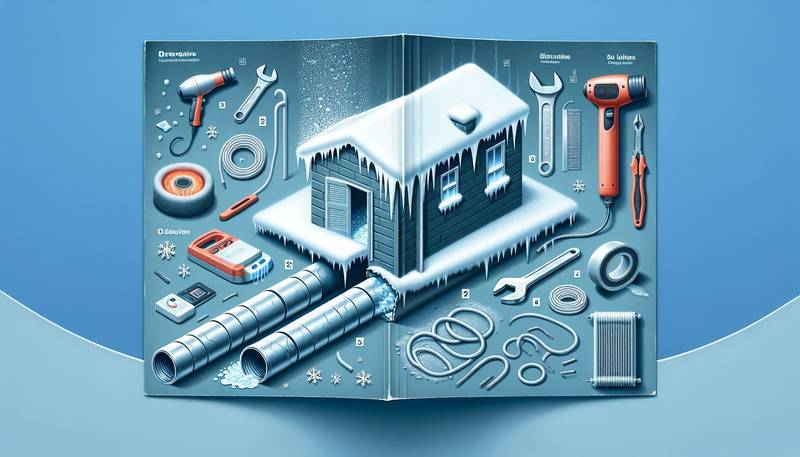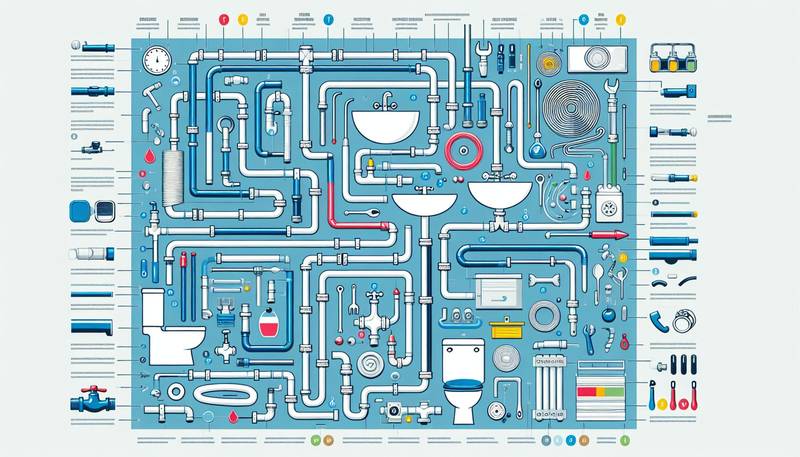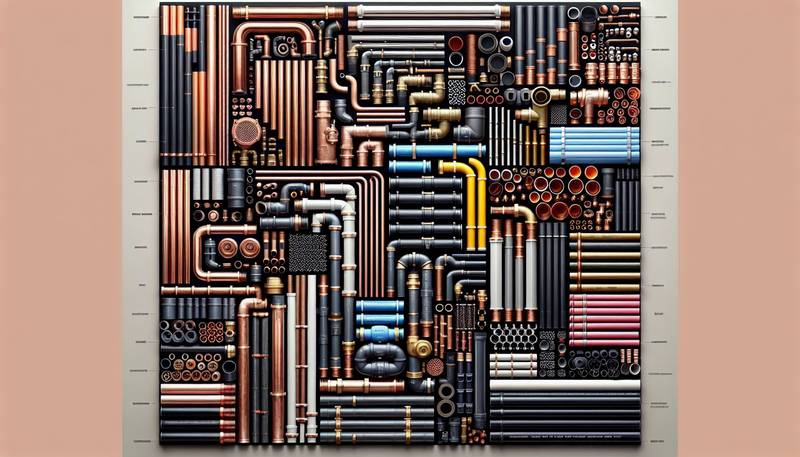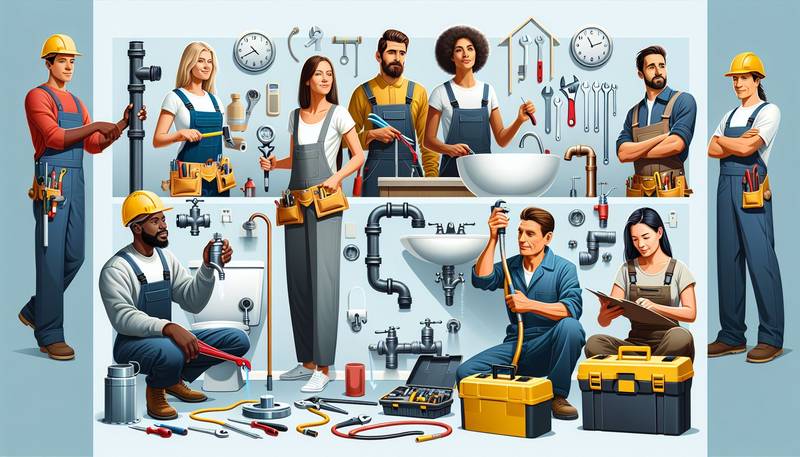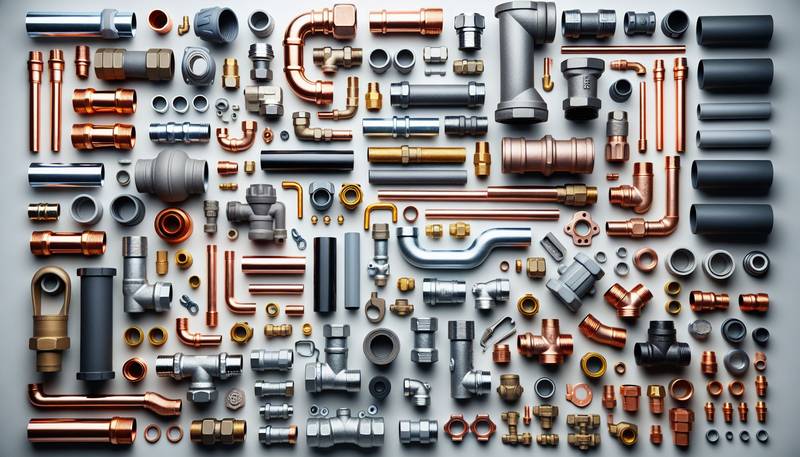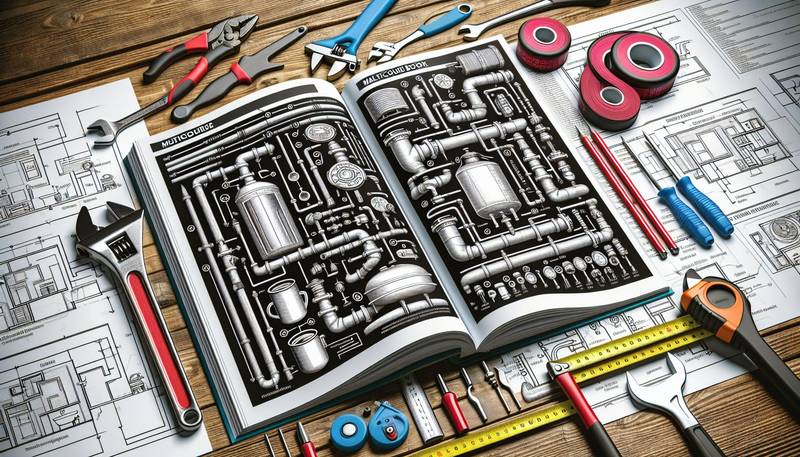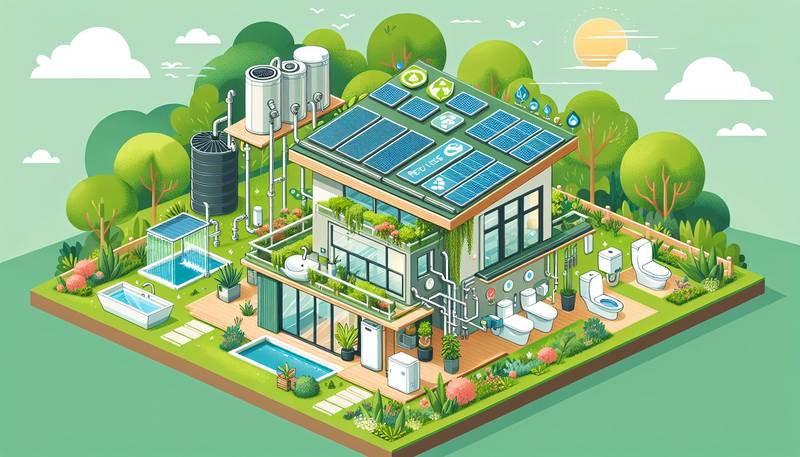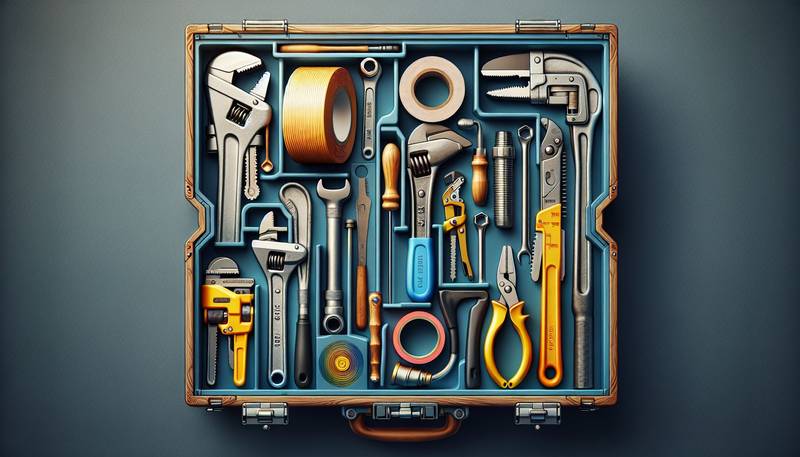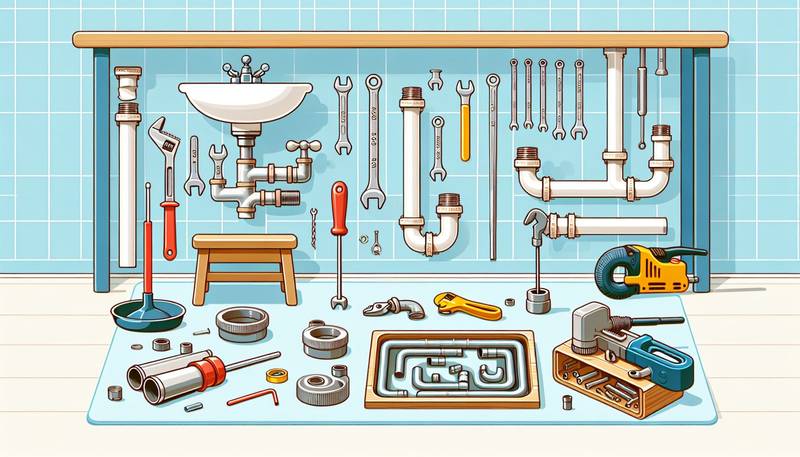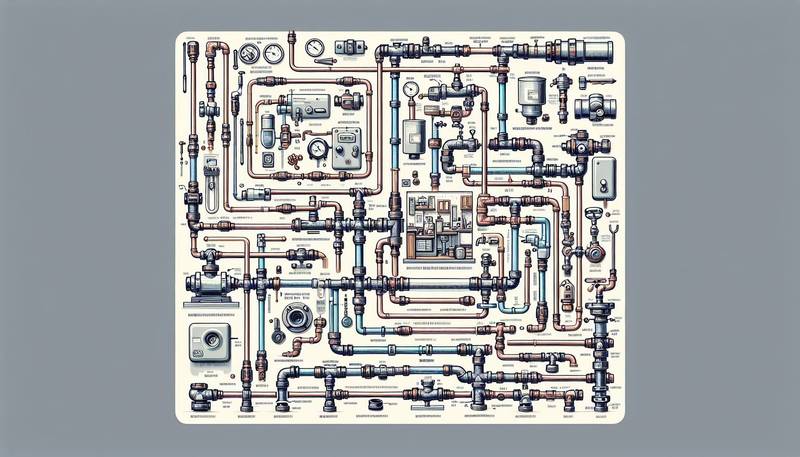How to Deal with Frozen Pipes: Prevention and Solutions
It is crucial to know how to prevent frozen pipes and what to do if they do freeze.
Signs of Frozen Pipes
One of the first signs that you may have frozen pipes is when you turn on a faucet and only a small trickle of water comes out, or no water at all. You may also notice frost on visible pipes or strange smells coming from drains. If you suspect your pipes are frozen, it is essential to act quickly to prevent further damage.
Prevention Methods
There are several steps you can take to prevent your pipes from freezing. One of the most important things you can do is to insulate your pipes, especially those in unheated areas like basements, attics, and garages. You can use pipe insulation sleeves or heat tape to keep them warm. Additionally, keeping your home at a consistent temperature, even when you are away, can help prevent pipes from freezing. Opening cabinet doors under sinks to allow warm air to circulate around the pipes can also be beneficial. Another preventive measure is to ensure that outdoor hoses are detached and drained before the onset of cold weather. By taking these proactive steps, you can reduce the risk of your pipes freezing and potentially bursting.
What to Do If Your Pipes Freeze
If you suspect your pipes are frozen, it is essential to act quickly to prevent them from bursting. First, turn off the water supply to the affected area to minimize damage. You can then attempt to thaw the pipes using a hair dryer, heating pad, or space heater. It is crucial to start from the faucet and work your way along the pipe towards the frozen area. Do not use an open flame to thaw the pipes, as this can be dangerous. If you are unable to locate the frozen area or if the situation seems severe, it is best to contact a professional plumber who can safely thaw the pipes and assess any damage.
Dealing with Burst Pipes
If your pipes do end up bursting, it is crucial to turn off the main water supply to your home immediately to prevent further damage. You will need to call a plumber to repair the burst pipe and assess any resulting water damage. In the meantime, you can begin cleaning up any water and drying out the affected area to prevent mold growth. It is advisable to keep records of any repairs made and to schedule regular inspections of your plumbing system to catch any potential issues before they escalate.
Conclusion
Dealing with frozen pipes can be a frustrating and costly experience, but with the right preventative measures and quick action, you can minimize the risk of them freezing and bursting. By insulating your pipes, keeping your home at a consistent temperature, and knowing what to do if your pipes freeze, you can help protect your home from water damage and costly repairs. It is always best to be proactive when it comes to your plumbing to prevent any issues before they occur. Stay vigilant, especially during the winter months, and take the necessary steps to keep your pipes safe and your home protected.
